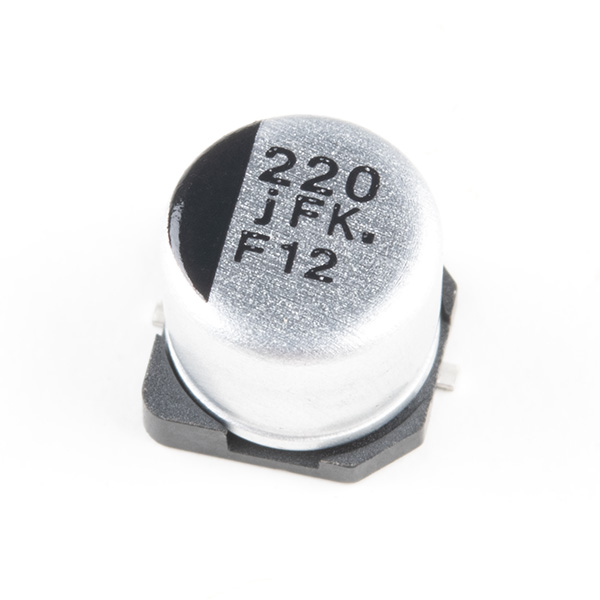In the world of electrical engineering, capacitors play a crucial role in various applications. These small yet mighty devices have the ability to store and release electrical energy, affecting voltage in ways that are often overlooked. In this article, we will delve into the intricate relationship between capacitors and voltage, exploring their impact on circuit performance and highlighting their practical applications.
- Capacitors as Voltage Stabilizers:
Capacitors have the unique ability to stabilize voltage fluctuations within a circuit. When connected in parallel with a load, capacitors act as reservoirs of electrical energy, absorbing excess voltage during peak periods and releasing it during low periods. This process, known as voltage regulation, ensures a steady and reliable power supply, protecting sensitive electronic components from potential damage caused by voltage spikes. - Capacitors in Power Factor Correction:
Power factor is a crucial parameter in electrical systems, determining the efficiency of energy transfer. Capacitors can significantly improve power factor by compensating for the reactive power generated by inductive loads. By introducing capacitors into the circuit, the reactive power is offset, resulting in a more efficient use of electrical energy and reducing power losses. This not only optimizes voltage levels but also minimizes utility costs. - Capacitors in Timing and Filtering Applications:
Capacitors find extensive use in timing and filtering applications, where voltage precision and stability are paramount. In timing circuits, capacitors control the rate at which voltage changes, enabling precise control of various electronic functions such as oscillators and timers. Additionally, capacitors act as filters, smoothing out voltage ripples and removing unwanted noise or interference, ensuring a clean and reliable power supply for sensitive electronic devices. - Capacitors in Energy Storage Systems:
Beyond their immediate impact on voltage regulation, capacitors are increasingly being utilized in energy storage systems. With their ability to rapidly charge and discharge, capacitors provide quick bursts of energy, making them ideal for applications requiring high-power delivery, such as electric vehicles and renewable energy systems. By effectively managing voltage levels, capacitors enhance the overall efficiency and performance of these energy storage systems.
Conclusion:
Capacitors are not mere passive components in electrical circuits; they possess the power to influence voltage in profound ways. From stabilizing voltage fluctuations to improving power factor and enabling precise timing, capacitors are indispensable in various industries. Their ability to store and release electrical energy efficiently makes them key players in energy storage systems. Understanding the impact of capacitors on voltage opens up a world of possibilities for engineers and innovators, driving advancements in technology and shaping a more sustainable future.

